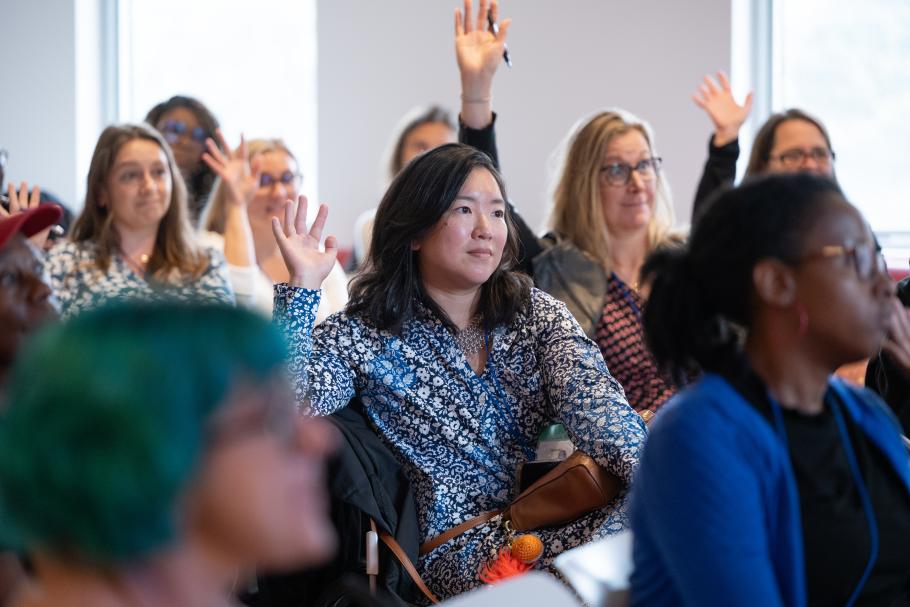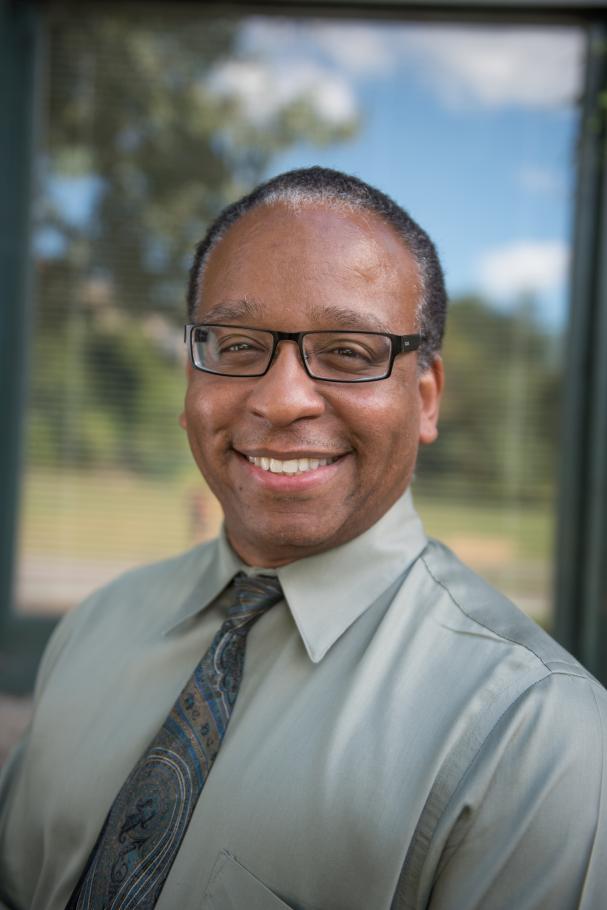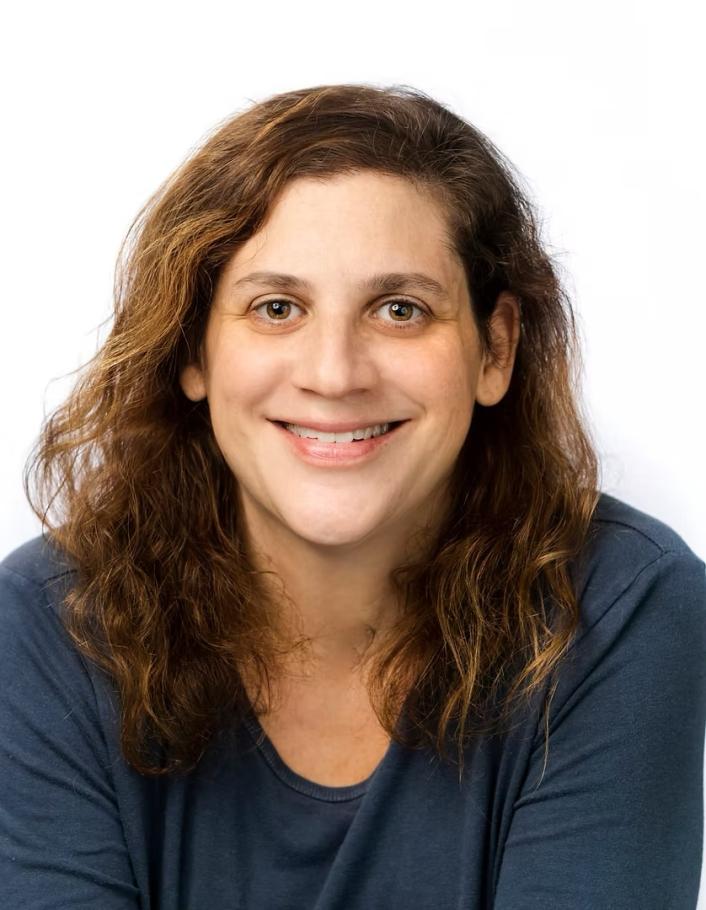

July 31, 2026: Be part of the conversation.
An annual conference of practitioners and scholars sharing knowledge and research about current issues in clinical practice.
July 31, 2026, 8:30 a.m.-4:30 p.m.
In-Person
Smith College Campus Center
100 Elm Street, Northampton, MA 01060
Lunch provided.
Up to 5.5 CEs for social workers available.

2026 Keynote Speaker
Nnamdi Pole, Ph.D.
Nnamdi Pole (he/him) earned his doctoral degree in clinical psychology from the University of California, Berkeley, in 1999 and completed his postdoctoral fellowship at the University of California, San Francisco, in 2001. He is a licensed psychologist and a fellow of the American Psychological Society.
His research interests include psychological trauma, psychophysiology, psychotherapy, and ethnic minority mental health. He teaches Introduction to Psychology, Psychology of the Black Experience, and Evidence Based Practice. He is an adjunct professor in the Smith College School for Social Work.
Pole is an associate editor of Psychological Bulletin, one of the highest impact journals in behavioral science, also an associate editor of Affective Science, a new journal for original empirical research on emotion. He serves on the editorial boards of journals specializing in trauma (Psychological Trauma: Theory, Research, Practice, and Policy) and ethnic minority issues (Cultural Diversity and Ethnic Minority Psychology). He has served on the boards of International Society for Traumatic Stress Studies (ISTSS) and the American Psychological Association (APA) Trauma Division (56). He is currently an elected council representative for APA Division 56 and he has been appointed to the APA PTSD Guideline Update Panel charged with writing evidence based guidelines for the treatment of adult post-traumatic stress disorder.

2026 Plenary Speaker
Danna Bodenheimer, A.B. '98, M.S.W. '05, Ph.D.
Danna Bodenheimer (she/her), founder and director of the Walnut Psychotherapy Center, has worked in the field of mental health for over 15 years. Her expertise is most centered around working with the LGBTQ+ and neurodivergent population. She takes different, cutting-edge approaches to thinking about and treating individual and organizational trauma. She has also long studied the impacts of dual marginalization on the psyches of individuals in treatment and in the workplace.
Bodenheimer received her bachelor’s and master’s degrees from Smith College, her post-baccalaureate degree from Columbia University and her doctorate in Social Work from the University of Pennsylvania. She has taught at Temple University, Rutgers University, Bryn Mawr College and Penn. She can easily discuss complex issues of life along the gender spectrum, neurodivergence, racial dynamics in the workplace and interpersonally, and the lifelong impact that trauma has on overall human functionality. She also authored two books on how to practice in the field of psychotherapy and has mentored hundreds of developing clinicians has they have grown their own practices.
Continuing Education Credits and Approvals for This Course
Continuing Education (CE) credits offered vary by course. This course only offers the CE credits listed below. It is the attendees' responsibility to contact their licensing board to determine eligibility to meet continuing education requirements.
CSWE
Smith College School for Social Work is accredited by the Council on Social Work Education and is therefore authorized to provide CEs as a postsecondary institution accredited by CSWE in many states. Courses offered through the School’s Program of Professional Education are awarded continuing education credits in accordance with Continuing Education Regulation 258, CMR, 31.00 in the Commonwealth of Massachusetts.
NY State
Smith College School for Social Work is recognized by the New York State Education Department's State Board for Social Work as an approved provider of continuing education for licensed social workers #SW-0169.
